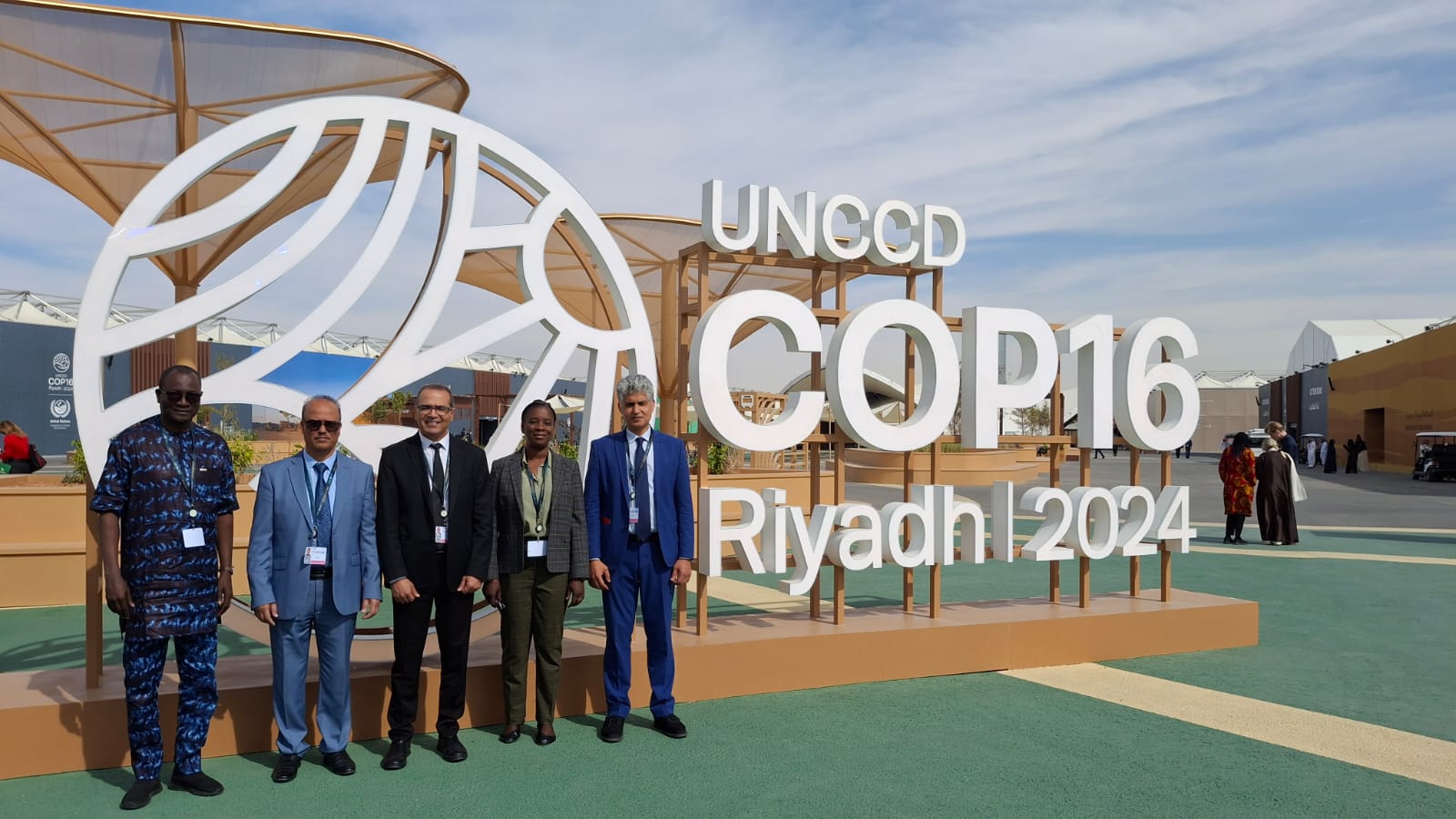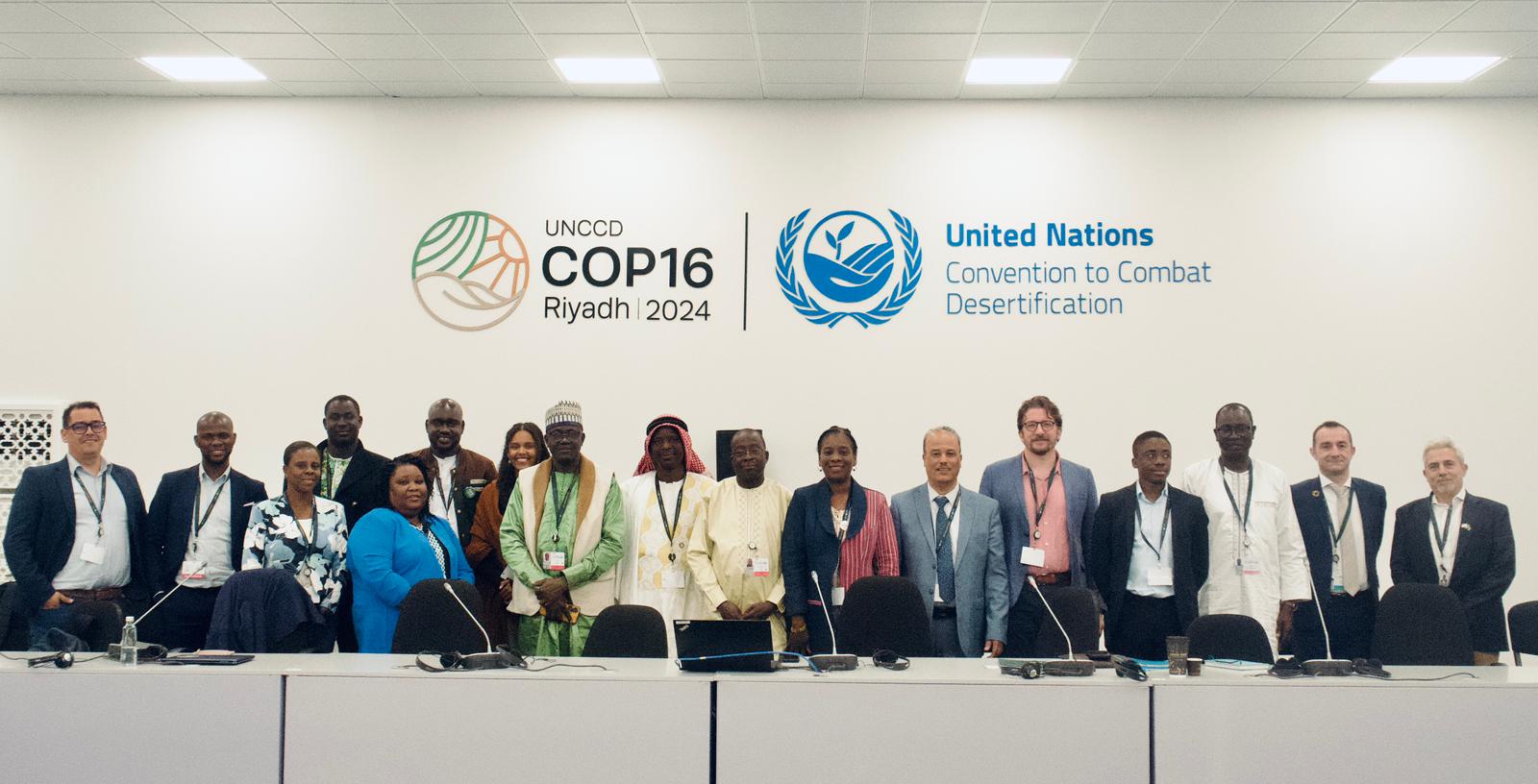27th Session of the OSS Strategic Orientation Committee, Tunis, January 28, 2025
Held on January 28, 2025 in Tunis, the 27th session of the Strategic Orientation…
























Space observation for informed decision-making
The first GMES&Africa Phase 2 Continental Forum kicked off this morning in Sharm El Sheikh, Egypt. The 4-day event will provide an opportunity to take a closer look at the progress of the program, capitalize on its results and plan future milestones based on the outcomes and lessons learned.
The opening session was addressed by Ms Catherine Gyoot, Director General of INTPA and representative of the European Union, Prof. Mohamed Belhocine, Commissioner for Education, Science, Technology and Innovation at the African Union, and Prof. Islam Abou Magd, President of NARSS.
In his speech, Prof. Belhocine pointed out that this meeting represented a unique opportunity for all stakeholders to go over collective successes and challenges, to consolidate the achievements and build on the lessons learned, and to strengthen partnerships. He underlined the importance of the topic for African countries, which, thanks to space observation tools, have been able to develop early warning mechanisms, enabling them to take more proactively steps against the effects of climate change.
The importance of GMES&Africa in the delivery of Earth Observation data was at the center of Ms. Gyoot's speech, in which she spoke of the forum's role as a platform for commitment and consolidation of the partnership between the European Union and the African Union in terms of space observation.
Delivered on behalf of the Egyptian government, Prof. Abou El Magd address recalled that, in the face of the growing number of challenges linked to the environment, climate and natural resources, special attention should be paid in Africa to space observation technologies, which represent the key to solutions and that can contribute to achieving the objectives of the African Union's development agenda 2063.
Following the opening session, the doors of an exhibition on the main achievements of the GMES& Africa consortia were open.
On this occasion, the OSS stand showcased the tools developed within the framework of the North Africa Consortium, which constitute instruments able to support advocacy actions for decision-makers, through their ownership and use at public policy level.
Held on January 28, 2025 in Tunis, the 27th session of the Strategic Orientation…

The participation of the Sahara and Sahel…

OSS Side Event at COP16: Strengthening Resilience in the Sahel through Multi-…